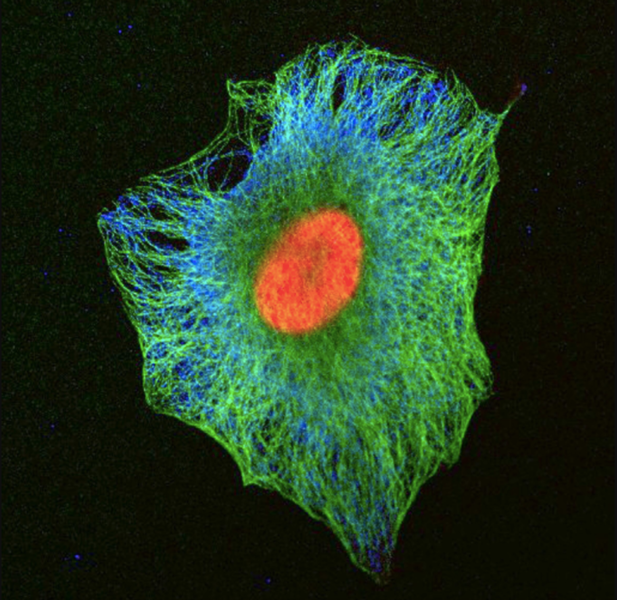Gene Boosting May Protect Against Alzheimer's Memory Issues
Written on
Chapter 1: Understanding Alzheimer's Disease
Alzheimer's disease (AD) presents a complex challenge. It unfolds over a long period and involves numerous interacting factors. This condition is shaped by both genetic and lifestyle influences.
Among the most recognized genes linked to AD is APOE. The APOE4 variant is notably associated with a heightened risk for developing Alzheimer's, disrupting lipid metabolism and increasing inflammation in the brain. Conversely, the APOE2 variant may offer some level of protection, although it may not guard against all age-related cognitive issues. APOE3 generally has a neutral impact, but certain sub-variants, such as the Christchurch (R136S) mutation, can provide protection.
While APOE4 garners much media attention, it is crucial to remember that numerous genes contribute to AD risk, and new ones continue to be identified.
This reality has both positive and negative implications. On the downside, the involvement of multiple biological processes complicates the quest for effective treatments. On the upside, a single genetic variant is unlikely to seal one's fate. For instance, while APOE4 raises risk levels, many carriers of this variant do not develop Alzheimer's.
Regardless of genetic predispositions, individuals can take proactive steps to reduce their risk of AD. Avoiding smoking, maintaining a balanced diet, engaging in regular exercise, and ensuring adequate sleep are all beneficial lifestyle choices.
Section 1.1: The Role of KIF11 Gene
It's essential to clarify that while certain gene variants can significantly impact risk, others may also have substantial positive effects. For example, recent research points to KIF11 as a potential protective gene. A study conducted on mice suggests that enhancing the expression of KIF11, which encodes a kinesin motor protein, may mitigate some cognitive impairments associated with amyloid plaques in the brain.
Amyloid plaques are a defining characteristic of Alzheimer's, found in the spaces between brain cells. While their exact role in the disease is still being studied, they are generally correlated with cognitive decline. Some individuals with a robust cognitive reserve appear to delay the onset of memory issues, but, overall, more plaques tend to correlate with greater cognitive impairment.
KIF11 is crucial as it moves along microtubules, which form part of the cellular skeleton, and is essential for the growth of axons and dendritic spines—key structures for neuronal signaling. However, amyloid plaques can hinder KIF11's functionality.

Section 1.2: Enhancing KIF11 Expression
What happens if we increase KIF11 levels? Researchers conducted experiments using mouse models of Alzheimer's, leading to an overexpression of the KIF11 gene. In cell cultures, this boost helped maintain dendritic spine density, ensuring effective signaling in brain cells. In living AD mice, enhancing KIF11 expression improved long-term potentiation, which is vital for learning and memory. Mice with elevated KIF11 activity exhibited superior spatial and working memory compared to standard AD mice, despite still having a significant presence of amyloid plaques.
The study's authors noted that:
“Increased KIF11 expression appears to bolster brain function and resiliency by directly improving cellular functions, without decreasing the presence of amyloid deposits in the brain.”
While these findings are promising, it is essential to recognize that results in mice do not always translate directly to humans. However, data from the ROS/MAP study indicates that human AD patients with higher KIF11 expression generally perform better cognitively than those with lower levels.
Future research is necessary to explore the implications for human patients. Although boosting KIF11 may not be a standalone cure, it could potentially extend cognitive function for some individuals. Finding the optimal expression level for KIF11 is crucial, as excessive amounts could lead to unwanted neuronal growth, which we also want to avoid.
Chapter 2: Implications and Future Directions
The first video titled "Genetics of Alzheimer's Disease" delves into the genetic factors influencing Alzheimer's and their implications for future research and treatment strategies.
The second video, "21st Century Medicine and the Reversal of Cognitive Decline in Alzheimer Disease (Part 1)", discusses cutting-edge medical approaches aimed at reversing cognitive decline in Alzheimer's patients.